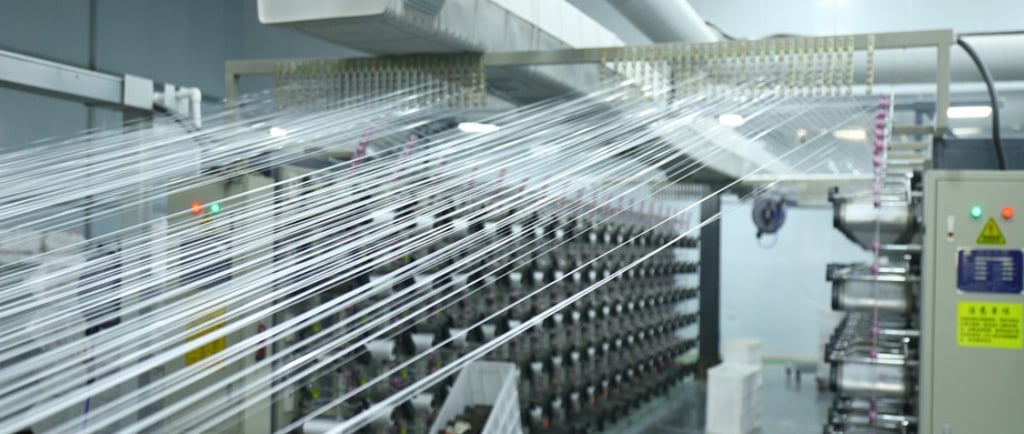Sustainable Ton Bags: How Eco-Friendly FIBC Solutions Are Revolutionizing Bulk Packaging in Europe and North America
Flexbulkbags
4/16/20252 min read


As environmental regulations tighten across the EU and US, businesses are under pressure to adopt greener practices without compromising efficiency. Enter sustainable ton bags—innovative FIBC solutions made from recycled materials or designed for multiple uses. These eco-friendly bulk bags not only reduce your carbon footprint but also cater to the demands of conscious consumers and stringent laws like the EU's Green Deal or California's recycling mandates. In this article, we'll explore how sustainable FIBC bags are transforming industries and why they're a smart choice for your operations.
The Rise of Eco-Friendly Bulk Bags
Traditional polypropylene ton bags have long been staples in logistics, but their single-use nature contributes to plastic waste. Sustainable alternatives, such as those crafted from recycled PET or bio-based polymers, offer a viable path forward. In North America, where landfill bans are increasing, companies like those in the agriculture sector are turning to reusable FIBC bags that withstand 10+ cycles, slashing disposal costs.
For European firms, compliance with REACH and extended producer responsibility (EPR) schemes makes eco-ton bags essential. These bags often feature certifications like GRS (Global Recycled Standard), ensuring traceability from raw material to end product.
Key Features of Sustainable Ton Bags
What sets these bags apart? Here's a breakdown:
Recycled Content:
Bags with 50-100% post-consumer recycled material maintain strength while diverting waste from oceans and landfills.
Biodegradable Options:
For short-term uses, compostable FIBC bags break down naturally, ideal for organic farming in the Midwest US or organic exports from the Netherlands.
Durability Enhancements:
Reinforced stitching and UV stabilizers extend lifespan, making them cost-effective for repeated transport of minerals or chemicals.
Low-Carbon Manufacturing:
Suppliers using renewable energy produce bags with lower emissions, aligning with Scope 3 reporting requirements in corporate ESG strategies.
In construction, where debris management is critical, ventilated ton bags made from recycled fabrics allow airflow, preventing mold in stored aggregates.
Real-World Benefits for Europe and the United States Businesses
Adopting sustainable bulk bags yields tangible advantages. A study from the Ellen MacArthur Foundation highlights that circular packaging can cut costs by 15-20% through reuse. In the food industry, FDA-compliant eco-FIBC bags preserve product integrity while meeting consumer demands for green packaging—think exporting nuts from California or grains from France.
Moreover, these bags enhance brand reputation. Companies showcasing sustainable ton bags in their supply chains often see improved B2B partnerships, especially in sectors like pharmaceuticals where ethical sourcing is scrutinized.
Challenges and Solutions
While the upfront cost of eco-ton bags may be higher, long-term savings from durability and compliance outweigh this. Partnering with certified suppliers ensures quality, and innovations like smart tracking (via QR codes) add value by monitoring bag lifecycle.
Conclusion
Sustainable FIBC bags are more than a trend—they're a necessity for forward-thinking businesses in Europe and North America. By integrating them into your operations, you contribute to a healthier planet while boosting efficiency.
